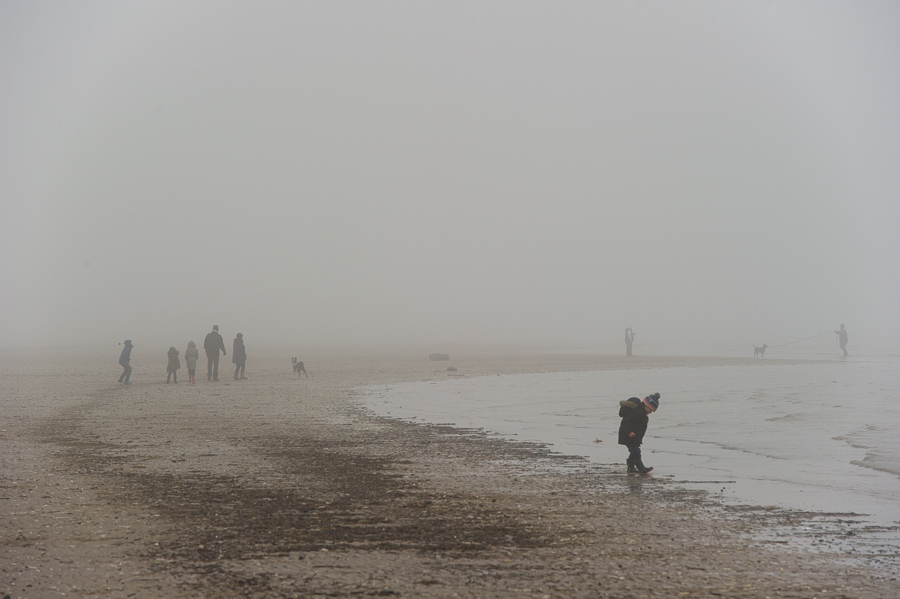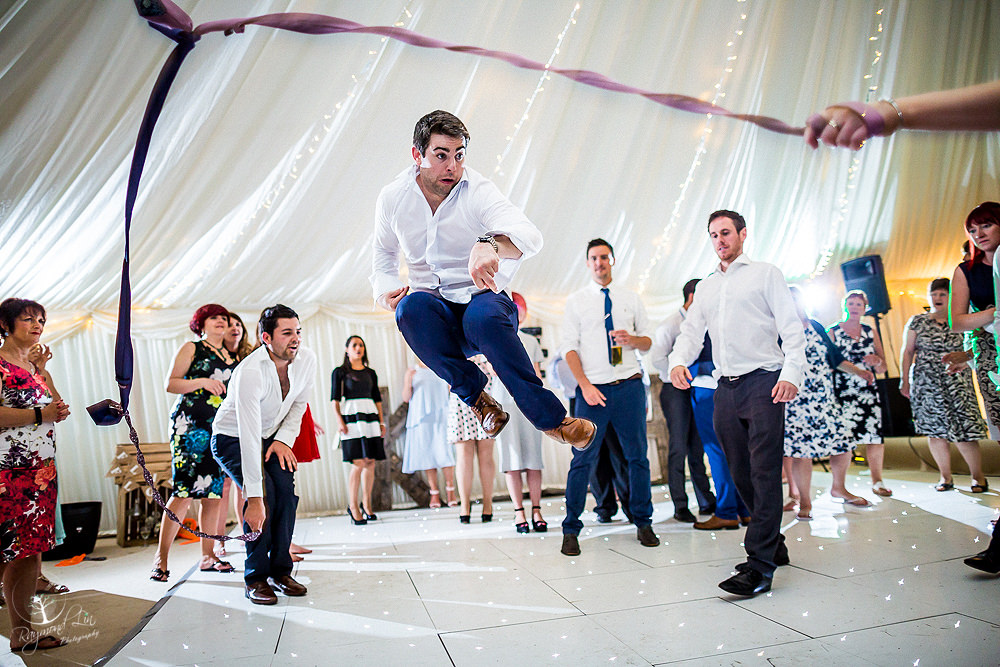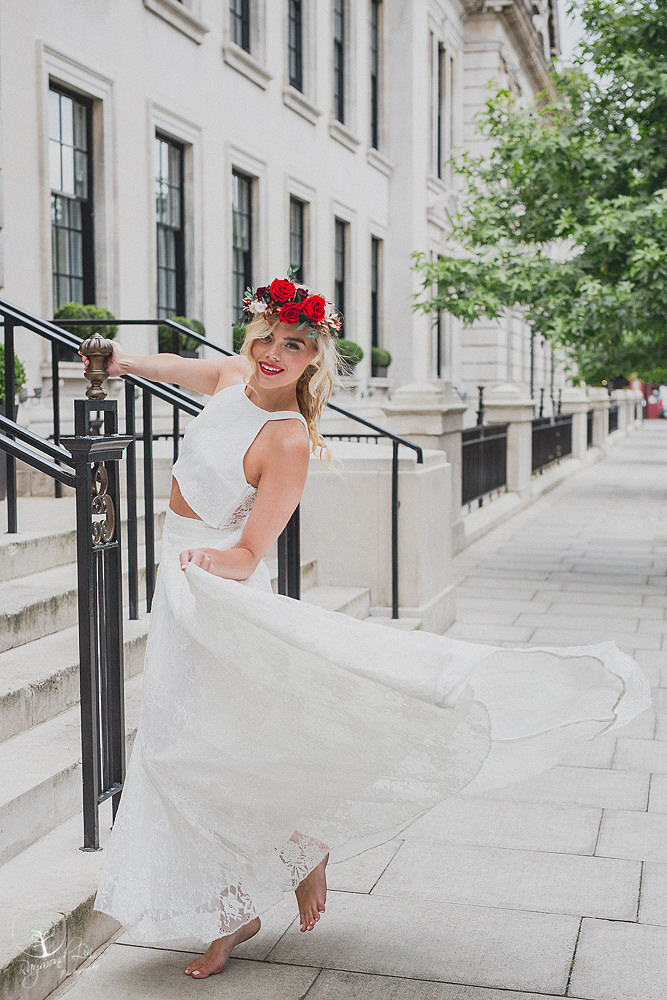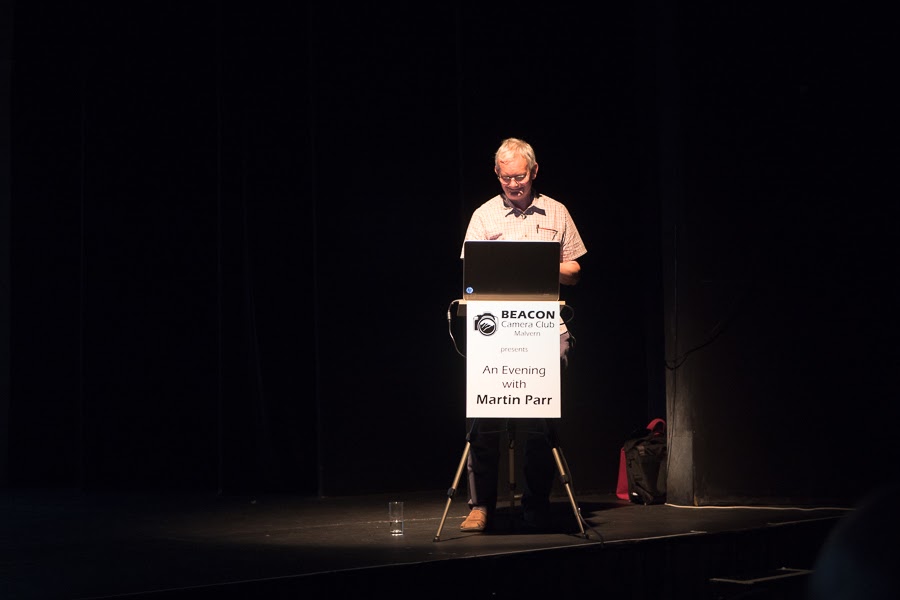This is an interesting point Steven. I do wonder if some photographs that have been perceived as wonderful art can have a very distinct 'use by' date due to advances in technology (so much easier to re-create spectacular images like he did) or because tastes change and what was once special is now passe?
Probably... consider at all of the editing techniques/effects that become popular for a while and then burn out, and are even considered by some to be "bad." Things like HDR/Tone mapping, selective color, etc. The problem with them is when the technique is used solely for the sake of the technique/look rather than for any specific purpose/intent of the photographer.
Otherwise, there isn't anything inherently bad about any of the techniques/effects/ideas, and I've seen all of them used to great effect at one time or another. But IMO, it is only when things are done with intent/purpose/meaning can they really be successful.
As for the topic of technical, it could be argued that even the great landscape images use weather/lighting/clouds to obscure technical details ("facts") of the subject.
I'm not making any absolute statements about what is/isn't "art" and what qualities it has. But it does seem to me that the more "factual" an image is, the less it leaves for the viewer to interpret/imagine, the less likely it is to convey some meaning/emotion through interpretation, the less likely it is to be "successful," and it is probably less likely to remain relevant over time.
I realize I am a technical type of person. But looking back at nearly 40 years of photographs (mine and others) I think my photography has also been heavily technical, primarily due to a lack of purpose/vision. And because of that I chose to specialize in genres that are more technical, never really developing the full potential of my ability to be "artistic" and create work that I would consider art... never really developing "vision/creativity."
But I have also come to realize that none of that had/has to be that way... it's kind of rare, but I've even seen a good bit of wildlife photography that is more artistic than factual...
This is really more of a question that arose from personal reflection I chose to share... if there is any validity to the question/idea (and I really think there is), maybe it can help others w/o it taking 40yrs.






